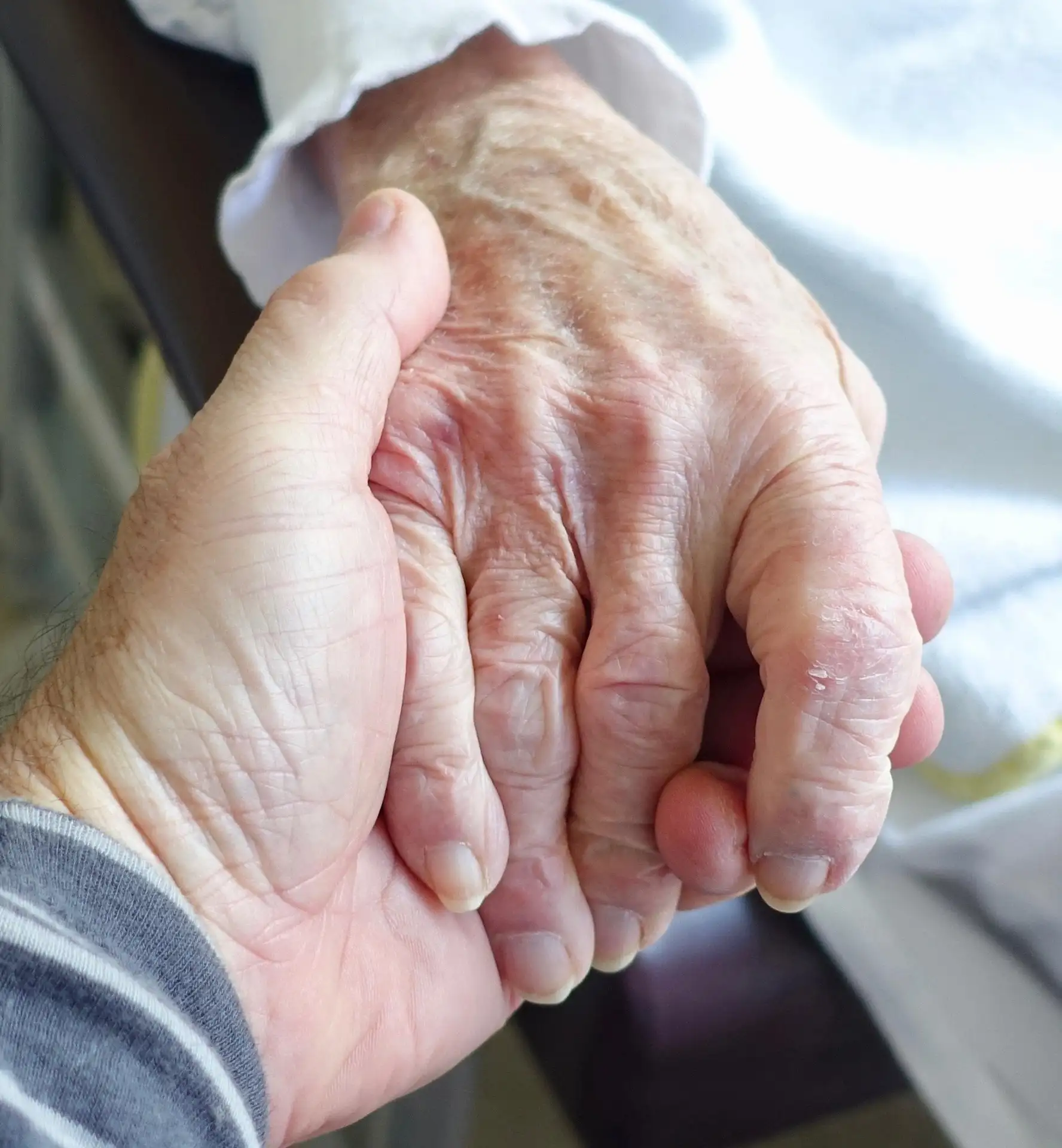From Early Signs to Later Stages — How Home Care Adapts to Dementia’s Progression
Rosemarie T.
5 min read ·

Can Home Care Help with All Stages of Dementia?
A dementia diagnosis can feel overwhelming, especially when you think about how the condition will progress over time. Families often ask:
“Can home care support my loved one through every stage of dementia?”
The short answer: Yes — but the type and amount of care will change as the disease advances.
At RIGHT ACCORD Private Duty Home Health Care, we specialize in dementia support that adapts to your loved one’s needs, whether they’re just starting to show signs or are in the advanced stages.
Understanding Dementia’s Stages
While every person’s journey with dementia is unique, symptoms generally progress through three main stages:
- Mild (Early Stage)
- Moderate (Middle Stage)
- Advanced (Late Stage)
Home care can be tailored to each stage to maximize comfort, independence, and quality of life.
Mild Stage: Early Support and Independence
In the early stage, a person may still be largely independent. They might notice — or family may notice — memory lapses, difficulty finding words, or occasional confusion with time and place.
How Home Care Helps in the Mild Stage:
- Companionship & Supervision: Someone to talk to, go for walks with, or share hobbies.
- Memory Support: Gentle reminders for medications, appointments, and meals.
- Help with Daily Tasks: Light housekeeping, laundry, and meal preparation.
- Transportation: Rides to doctor visits, social outings, or errands.
- Routine Building: Establishing consistent daily patterns to reduce confusion.
Goal at this stage: Keep your loved one active, engaged, and independent while offering just enough support to ease frustration and prevent accidents.
Moderate Stage: Increasing Daily Support
In the middle stage, memory loss and confusion become more noticeable. Your loved one may need more help with personal care and may struggle with recognizing familiar people or places.
How Home Care Helps in the Moderate Stage:
- Personal Care Assistance: Help with bathing, dressing, grooming, and toileting.
- Safety Monitoring: Preventing wandering and ensuring a safe home environment.
- Meal Assistance: Preparing balanced meals and ensuring adequate nutrition.
- Behavioral Support: Responding calmly to agitation, anxiety, or repetitive questions.
- Structured Activities: Using music, art, and gentle exercises to promote engagement.
- Family Relief: Providing respite hours so family caregivers can rest and recharge.
Goal at this stage: Maintain dignity and safety while adapting routines to match your loved one’s abilities.
Advanced Stage: Comfort and Specialized Care
In the late stage, dementia often affects physical health as well as memory. Communication may be minimal, mobility may be limited, and full assistance is typically required for daily living.
How Home Care Helps in the Advanced Stage:
- Full Personal Care: Bathing, dressing, feeding, toileting, and repositioning to prevent bedsores.
- Comfort Measures: Gentle touch, soothing music, and familiar scents to reduce distress.
- Mobility Support: Safe transfers from bed to chair, help with walking short distances if possible.
- Nutritional Care: Assistance with feeding or special diet needs.
- End-of-Life Support: Compassionate care focused on comfort, in collaboration with hospice if needed.
- Family Guidance: Emotional support and education for loved ones during a challenging time.
Goal at this stage: Provide comfort, dignity, and compassionate care that respects your loved one’s preferences.
Why Home Care Works Through All Stages
Home care adapts as needs change. With RIGHT ACCORD:
- Familiar Faces: We strive for caregiver consistency so your loved one builds trust.
- Flexible Scheduling: Adjust care hours as needs increase or decrease.
- Specialized Dementia Training: Our caregivers are trained in communication strategies, safety measures, and activity planning for every stage.
- Holistic Support: We care for the whole person — physical, emotional, and social well-being.
A Real Family Example
When Mr. H from Sarasota was diagnosed with early-stage Alzheimer’s, his daughter hired RIGHT ACCORD for 6 hours a week to help with errands and light meal prep.
Over the next four years, our services evolved:
- In the mild stage, we provided companionship and medication reminders.
- In the moderate stage, we increased to daily visits for personal care and safety supervision.
- In the advanced stage, our team provided full assistance and worked alongside hospice to ensure comfort.
His daughter later told us:
“Knowing that my dad could stay in his own home through every stage made all the difference. RIGHT ACCORD adjusted every step of the way.”
Questions to Ask When Planning Dementia Home Care
- Does the agency have caregivers trained in dementia care techniques?
- How do they handle changes in care needs over time?
- Will your loved one have the same caregivers as much as possible?
- How quickly can care hours be increased if needed?
- Does the agency communicate regularly with the family?
Bottom Line
Home care can absolutely support your loved one through all stages of dementia — as long as you work with an agency that understands the disease’s progression and can adapt care accordingly.
From gentle reminders in the early stage to full personal care in the later stage, RIGHT ACCORD is committed to keeping your loved one safe, comfortable, and respected every step of the way.
Considering home care for a loved one with dementia?
📞 Call RIGHT ACCORD at 941-366-0801
